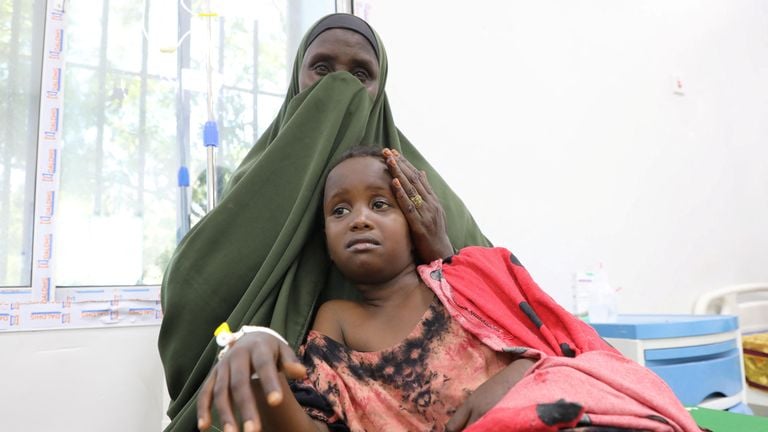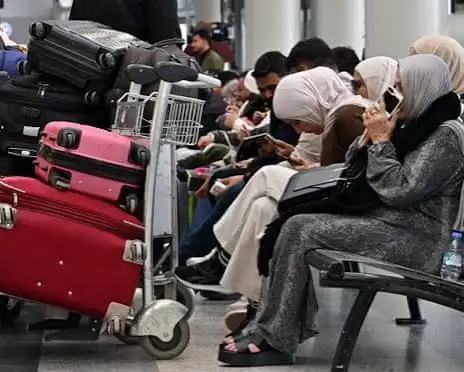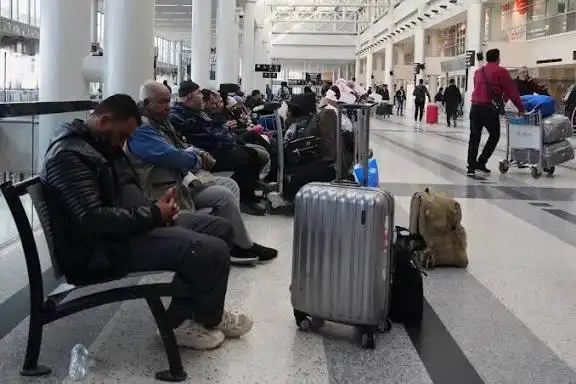Somalia is grappling with a significant surge in diphtheria cases, with over 1,600 infections and 87 deaths reported in 2025, nearly doubling the figures from the previous year. This alarming increase is compounded by global vaccine shortages and substantial reductions in international aid, particularly from the United States, which has historically been Somalia’s leading humanitarian donor.
Diphtheria, a bacterial disease that causes swollen glands, breathing difficulties, and fever, predominantly affects children. It is preventable through vaccination, yet many children in Somalia remain unprotected due to insufficient immunization coverage. The current outbreak underscores the critical need for widespread vaccination to prevent further morbidity and mortality.
The escalation of diphtheria cases is closely linked to a severe shortage of vaccines. Health Minister Ali Haji Adam acknowledged the government’s struggle to procure adequate supplies, attributing the shortage to global constraints and reduced foreign assistance. The United States, which previously allocated $765 million in aid for the fiscal year ending September 30, 2024, has significantly decreased its commitment to $149 million for the current fiscal year. This reduction has led to the closure of numerous health clinics and the cessation of mobile vaccination teams, particularly in remote areas, thereby hindering the distribution of essential vaccines.
The impact of these aid cuts is evident in the broader health crisis facing Somalia. The closure of hundreds of health clinics has contributed to a doubling in the number of combined cases of diphtheria, measles, whooping cough, cholera, and severe respiratory infections since mid-April. Children under five are disproportionately affected, with this age group representing approximately 60% of the reported cases. The lack of access to routine immunization services has left many children vulnerable to these preventable diseases.
In response to the crisis, the Somali government has announced plans to launch a vaccination campaign. However, specific details regarding the timeline and scope of this initiative remain forthcoming. Health experts and humanitarian organizations have called for urgent international support to address the vaccine shortages and to restore essential health services. The situation highlights the critical importance of sustained foreign assistance and robust health infrastructure to combat infectious disease outbreaks effectively.
The current diphtheria outbreak in Somalia serves as a stark reminder of the vulnerabilities faced by nations with limited healthcare resources. It underscores the necessity for global solidarity and continued support to ensure that preventable diseases do not claim more lives, particularly among the most vulnerable populations.











Why arent more resources being allocated to prevent these outbreaks in Somalia? Seems like a no-brainer to me. #PrioritizeHealthcare
I cant believe Somalia is facing a diphtheria outbreak due to vaccine shortages. We need to prioritize global health initiatives!
This article raises the question: why arent more resources being allocated to combat the diphtheria outbreak in Somalia?
I cant believe this is happening in Somalia! Vaccine shortages and aid reductions are putting lives at risk. We need to do more to help.